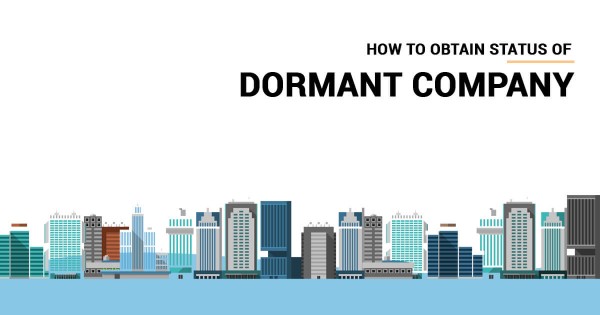The amount of assets a company has gathered from financial backers as a trade-off for the stock is known as paid-up share capital. Paid-up capital is framed when a firm offers its shares in the organization to purchasers on the primary market, commonly through a first sale of stock (IPO). When financial backers begin trading shares on the resale market, no new paid-up capitalization is framed on the grounds that the benefits go to the selling investors rather than the responsible business.
Paid-up capital is the sum gotten by a firm from the quick passing of shares to shareholders.
The essential market is the sole place where paid-up capital can be gotten, by and large through an IPO.
The standard stock worth and surplus capital are the two financing hotspots for paid-up capital.
The cash charged by shareholders well over the standard cost of a stock is known as paid-up capital.
For more details: visit our website: https://ondemandint.com/









